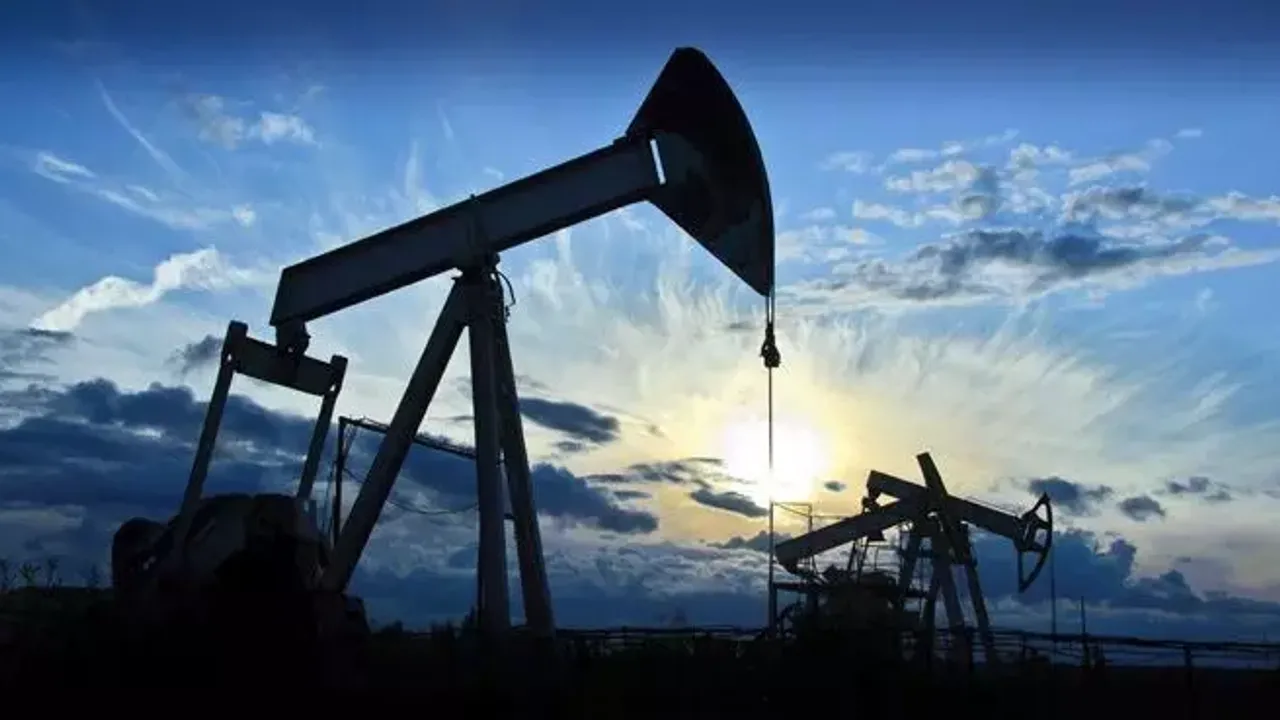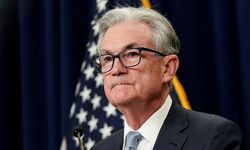Nearly a year and a half after Russia's invasion of Ukraine, it could lead to a massive increase in energy and food prices. According to the BBC's Vishala Sri-Pathma, the price of a barrel of oil was expected to fall from around 90 dollars.
But according to the worst-case scenario in new World Bank projections, the situation in the Middle East could lead to an oil crisis similar to that of the 1970s.
In October 1973, Arab oil-producing countries cut off oil imports to the United States and other countries that supported Israel during the Yom Kippur War, causing prices to soar.
"The latest conflict in the Middle East came on the heels of Russia's invasion of Ukraine, the event that led to the biggest spike in commodity prices since the 1970s," said World Bank Economist Indermit Gill.
The devastating effects of that war on the global economy are still being felt, Gill said, adding that a period of disrupted oil and gas supplies had not happened for decades and that politicians should be cautious.
The fighting, which began after a Hamas attack on Israel on October 7, has pushed up natural gas prices amid concerns that pipelines in the region could be affected.
Oil prices, on the other hand, have not experienced a similar rise.
In the World Bank's optimistic scenario in which conflicts in the Middle East do not spread, the price of oil would fall to $81 a barrel.
"A prolonged period of high oil prices will inevitably push up food prices," said World Bank Economist Ayhan Köse:
"A significant price increase would increase food inflation in many developing countries - which are already struggling with higher food inflation.
"By the end of 2022, 700 million people, almost 10 percent of the global population, were undernourished."
Warning from the World Bank: Oil may exceed 150 dollars a barrel!
The World Bank warned that the price of oil could exceed 150 dollars a barrel if the conflicts in the Middle East spread.
Editor: David Goodman
Trending news

Snoop Dogg to carry the Olympic torch

Lily James Expresses Admiration for Hailey Bieber’s Rhode Skincare Line

Taylor Tomlinson Will Explore Her Faith and Sexuality on Tour!

'Alien mummy' in Peru raises eyebrows

Scandal in the heart of Europe: Child abuse in a church!

Kamala Harris’ Running Mate: Here’s Who Could Be Her VP After Biden Drops Out And Endorses Her









